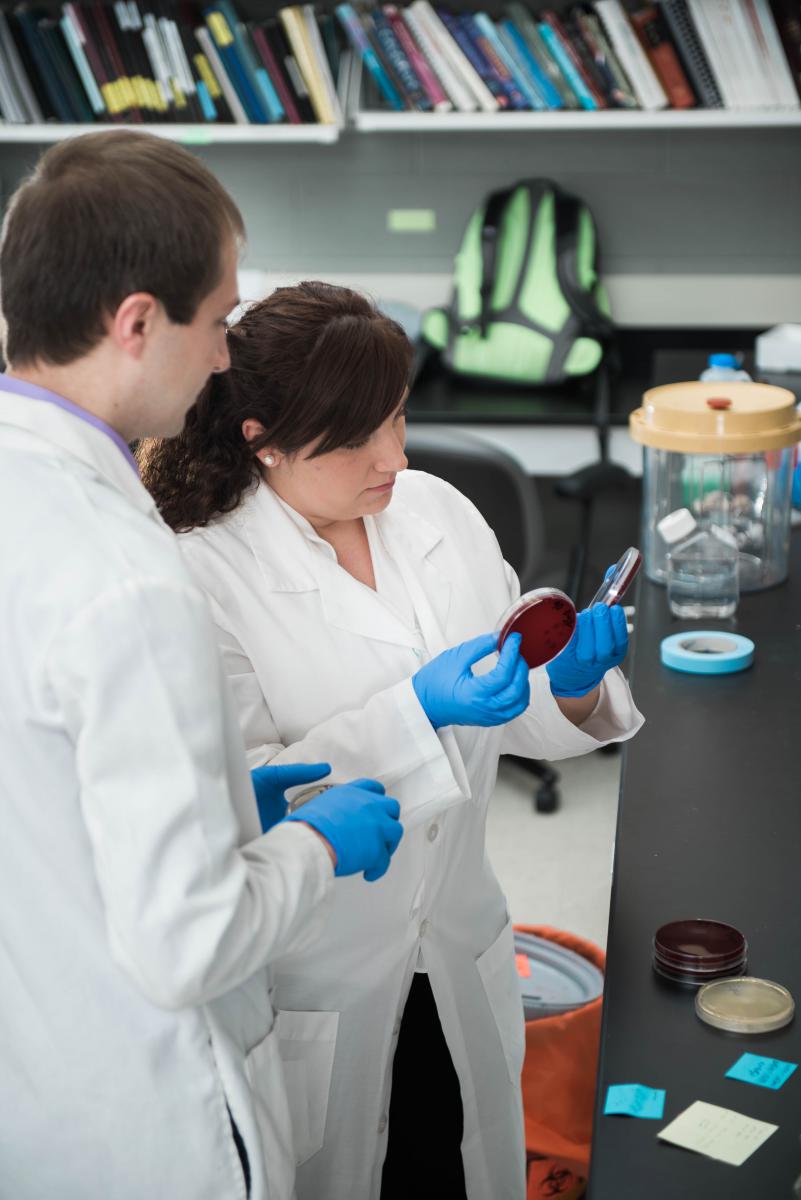Program Snapshot
The NIH is committed to supporting a sustainable and robust workforce equipped to address the greatest challenges and opportunities in biomedical research, recognizing that traditional research-intensive positions are not the only means by which PhD graduates can meaningfully contribute to the biomedical research enterprise. To address this need, the Common Fund supported the “Strengthening the Biomedical Research Workforce” program as one component of a trans-NIH strategy to enhance training opportunities for early career scientists to prepare them for a variety of career options in the dynamic biomedical workforce landscape. 
The Strengthening Biomedical Research Workforce program issued awards in September of 2013 and September 2014. These “Broadening Experiences in Scientific Training” awards (aka BEST awards) were designed to develop sustainable approaches to broaden graduate and postdoctoral training, aimed at creating training programs that reflect the range of career options that trainees may ultimately pursue. The awardee sites are also part of a comprehensive cross site evaluation designed to understand trainee agency, time to desired careers, and culture changes at academic institutions to support BEST activities.
In the second year of the program, the awardees collectively formed a consortium branded as the NIH BEST Consortium. Since then, several Consortium members published two marker papers, one on the origin of the program and early experiences and the other on describing overall approach to Transforming training to reflect the workforce. The awardees have made great strides since founding of the Consortium, including:
- Establishment of set of common principles guiding their individual BEST programs, a collaborative project policy, and developed common sets of definitions for data collected by the NIH’s cross-site evaluation.
- The Consortium held a BEST practices workshop in 2017, to share best practices and lessons learned from the NIH BEST programs, and offer guidance on how to create, implement, and evaluate career and professional development opportunities for doctoral and postdoctoral scholars.
- BEST institutions have also led the way in recent efforts to track career outcomes and publish data about their graduate programs.
Awardees have published initial findings from their site evaluations and more publications are expected as trainees progress to their chosen careers. As intended, each BEST program made great strides in sustaining its programing beyond the period of awards, with all awardees finding alternative funding to continue or incorporate BEST programming into their institutional infrastructure and culture.
Develop a "BEST" program!
The University of California-Irvine developed a toolkit to guide institutions through the process of building a presentation for a new career development program. Find out more here.
Five Years of Exploration: MSU BEST
 Read more about what the MSU BEST program accomplished with its five year BEST grant!
Read more about what the MSU BEST program accomplished with its five year BEST grant!



